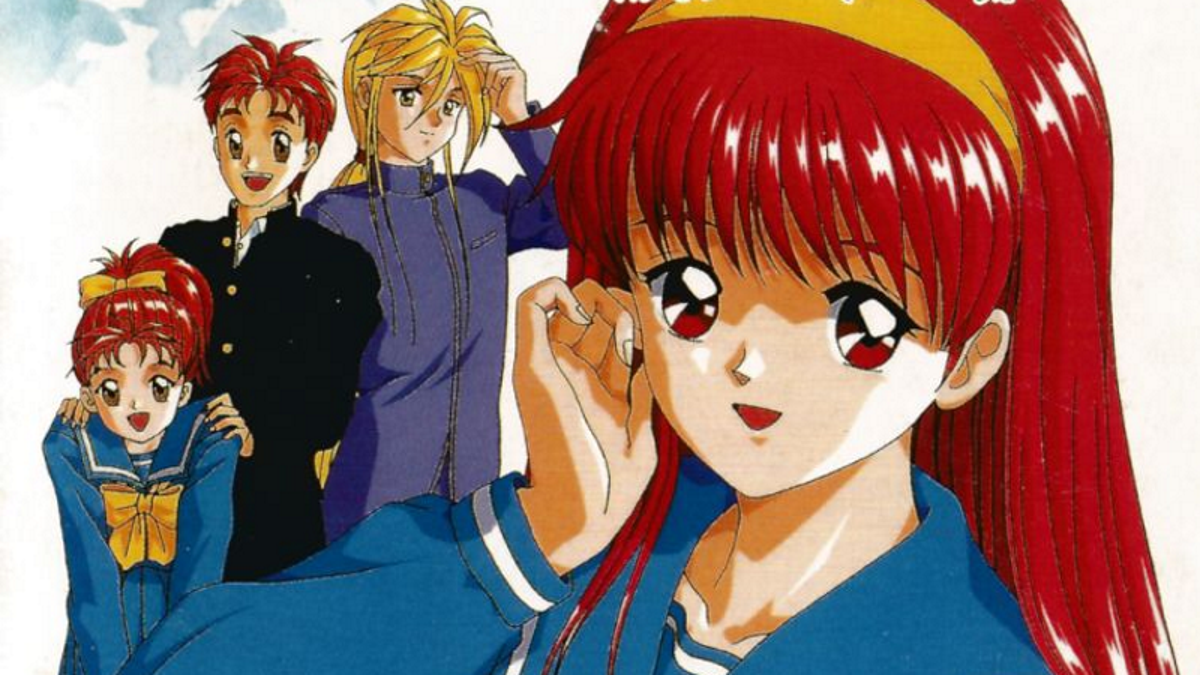Internet language sensation Wordle is now owned by The New York Times and housed firmly on the Gray Lady’s servers. That’s meant a rickety migration for some players, but also changes to the game itself. Words like “sluts” have recently been banned from being used as guesses, and the paper of record has confirmed it plans to continue removing other “offensive” words from the game as well.
Princess Peach’s Leading Role And More New Releases
Share SubtitlesOffEnglishShare this VideoFacebookTwitterEmailRedditLinkview videoPrincess Peach’s Leading Role And More New Releases This Week
As first reported by Polygon, the current list of banned words includes gendered slurs like “whore’ and “bitch.” I tried “pussy” and it rejected that as well. This means when you try to use these words as a guess the game sends back a message saying they aren’t recognized in its master word list. Words like “fucks,” “shits,” and “dicks” remain viable, at least for the time being.
A representative for The New York Times told Polygon that “offensive words will always be omitted from consideration,” and that the company is still in the process of removing words from Wordle’s database. “As we have just started Wordle’s transition to The Times website, we are still in the process of removing those words from the game play,” the representative wrote.
One of The New York Times’ other popular games, the crossword, has seen its own prohibitions on certain types of words evolve in recent years as editors try to relax certain rules while navigating the politically charged minefield of language. It’s unclear where Wordle’s new filter will ultimately fall among those changing standards.
Despite being launched by creator Josh Wardle last October, Wordle didn’t start to take over people’s morning rituals and social media feeds until earlier this year. Players have since used math to devise the perfect strategy for playing Wordle even as it spawns endless tributes and knock-offs. The game became so popular that The New York Times decided to buy it for an undisclosed sum in the low seven figures.

